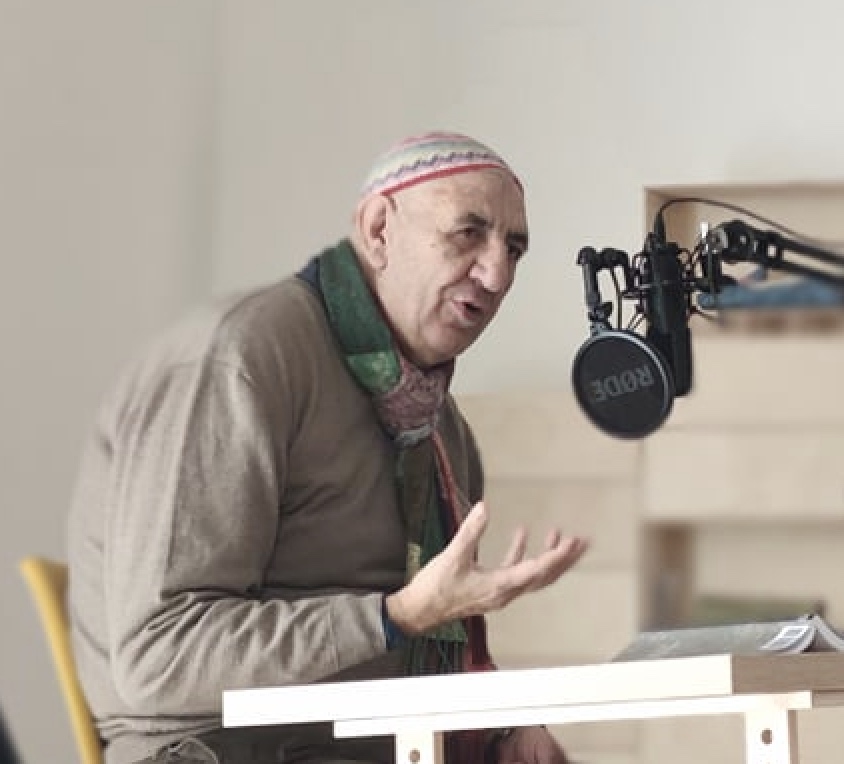Attend to the amazing electoral promises of the Italian parties on the abolition of the Rai fee, flat tax, abolition of the Fornero law, or introduction of citizenship income without ever saying where they would take the money needed to support these spending operations, as our Constitution provides , gave me the feeling of being finished in the film “Murder on the Orient Express”.
In the film all the passengers have only one purpose against Herlcule Poirot, the Belgian investigator invented by the British writer Agatha Christie: depose it, confuse it, accuse each other of the crime to exonerate. But in reality they all agree in keeping Poirot hidden from the underlying truth that the dramatic rush in the night on the Orient Express no one wants to make appear in his evidence: that all passengers are guilty.
Already as in the current electoral campaign where everyone is attacking others, they promise what they know they can not keep to the end and leave out that in truth they are all partly responsible for the Italian public debt that goes at 130% of GDP. Who provoked the public debt? Who really wants to reduce it? How? As? With the reduction of unnecessary expenses? Yet another spending review? With a one off special taxation? Or we want to leave the task to a “foreign Podestà” or the Troika representing international creditors according to the famous metaphor used in an editorial in the Corriere della Sera by former Prime Minister Mario Monti? Nobody talks, no one gives indications about the basic problem of this country. Everyone promises demagogically without facing the mother of all economic issues: how to grow and create jobs by recovering the stability of public finances that will be an increasingly impervious path after the next end of the expansive monetary policy of the ECB?
Il Sole 24 ore, the Italian financial business, is doing a hard work of verification and control of the various political proposals and their costs. Exactly what the markets will do after the vote. Because the markets also vote, but with the hand on the wallet.


